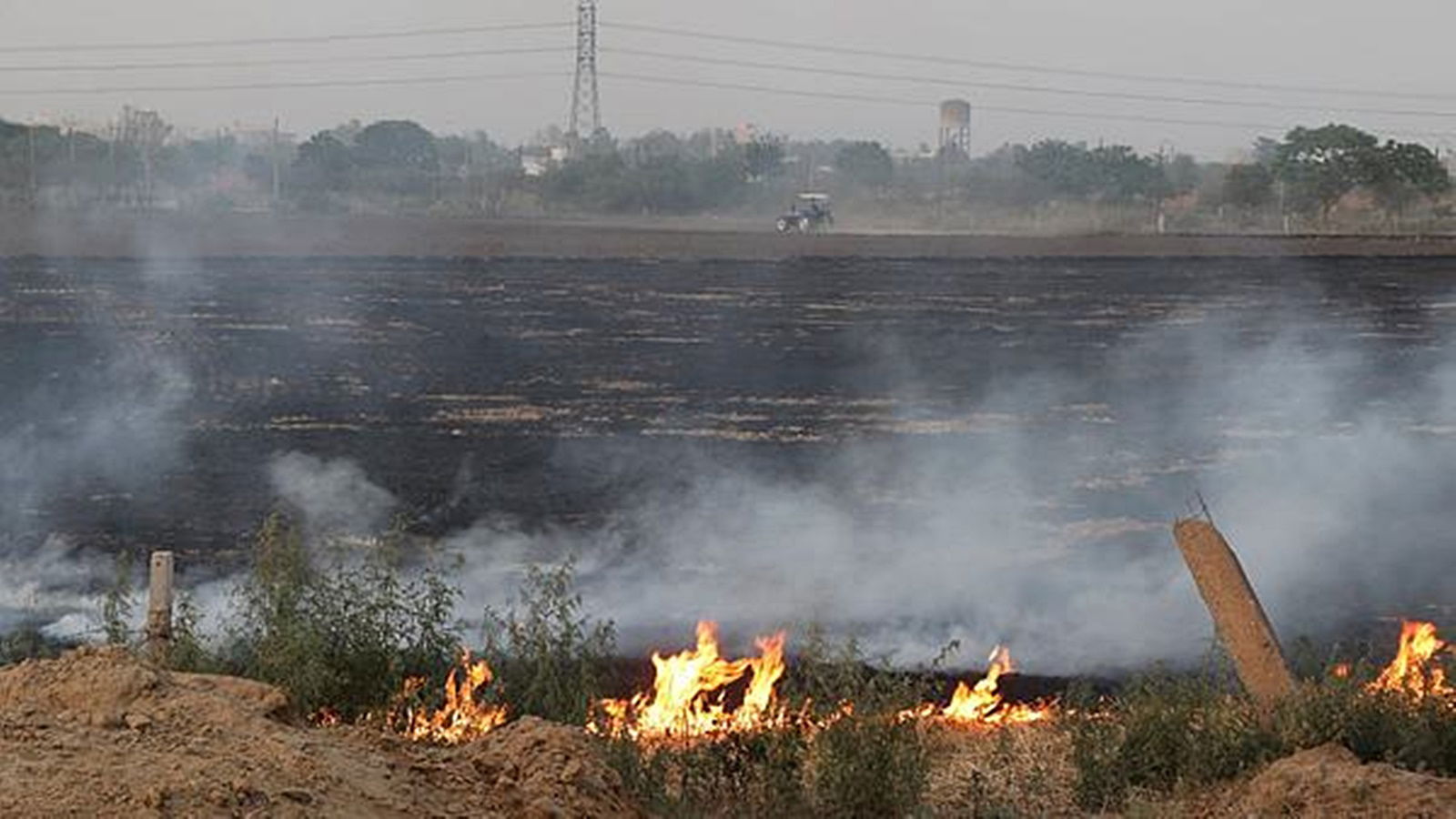
Divya Delhi: Delhi has been covered in pollution for days due to stubble burning and falling temperatures. Delhiites wonder if air quality will improve on Diwali (October 31). Winter, geography, and stubble burning have choked the city for almost a decade. Every winter, Delhi's air pollution is worsened by low wind speeds, lowering temperatures, heavy moisture, and contaminants that condense. Delhi had an Air Quality Index (AQI) of 218 in 2023, 312 in 2022, 382 in 2021, 414 in 2020, 337 in 2019, 281 in 2018, 319 in 2017, and 431 in 2016 during Diwali days, according to CPCB data.An AQI of 0–50 is ‘good’, 51–100 ‘satisfactory’, 101–200 ‘moderate’, and 201–300 ‘poor’. Dr. Gufran Beig, chair professor of the National Institute of Advanced Studies (NIAS) and founder of SAFAR, predicted that stubble burning will peak in the first week of November and that the city's air quality will remain ‘very poor’ on Diwali.From now on, it will worsen. Stubble burning may peak in the first week of November. Whether the peak is lessened will determine it. There are meteorological considerations. Reduced stubble burning in the first week of November may cut pollution "Beig added.301 and 400 ‘very poor’, 401 and 450 ‘severe’, and 450+ ‘severe plus’.
- Education(151)
- India(774)
- Entertainment(401)
- Sports(273)
- Business(227)
- Bollywood Hollywood(95)
- International(196)
- Life & Style(91)
- Opinion(139)
- Educational(5)
- Crime(7)
- Technical(6)
- World(18)


